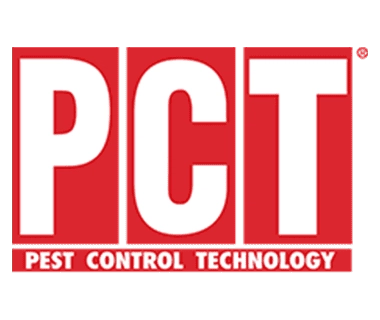How To Choose a Pest Control Company
When picking a pest control company, you want to make sure that you find the best one to meet your needs. You might consider a company's qualifications, treatment methods, years of experience, customer reviews, and service prices.
Below, we discuss each factor in more detail.
Does the company have a valid license and permits to perform pest control?
Per the United States Environmental Protection Agency (EPA), all pesticide applicators and those that supervise them must be certified at the state level. The EPA sets minimum standards of competency, but all California pesticide applicators need to be licensed through the proper state regulatory agencies.
Is the company a member of any professional organizations?
Pest control companies have the option to obtain certifications from QualityPro or similar trade organizations. These certifications can help you evaluate the quality of a company's products. For example, the GreenPro Service Certification indicates comprehensive and effective pest control methods that are safer for humans and the environment.
Pest control companies can also hold membership in various professional organizations. A pest control company can join state-level organizations in addition to national organizations like the National Pest Management Association (NPMA). While not mandatory, membership in these organizations helps prove a company's reputability and gives it access to education, resources, and a network of other professionals to compare best practices with.
Professional Experience and Specialties
For the most part, a company displays information like its years of experience and specialities on its website. Online reviews can also tell you whether a company has experience dealing with a specific pest. If you're unable to find the information you need online, you can contact a company representative directly to get your questions answered.
Reviews and Recommendations
Resources you can use to check a company's reputation include the Better Business Bureau (BBB), local review sites, and social media. You can also check the status of a company's license via the California licensing board.
Cost of Services and Guarantees
The cost of pest control can vary based on things like your location, the type of pest being treated, the size of your house, and other factors.
When thinking about the cost of services, you should verify whether a company includes free on-site estimates as part of its services. This can inform you whether the company fits into your budget. Also consider a company's guarantees: If the problem is not fixed, or if it returns, will the company provide additional treatment until the problem is handled satisfactorily?
Safety and Treatment Methods
Keeping yourself, your family and your pets safe is an important consideration when picking a pest control provider. You might also prefer a provider that uses environmentally friendly methods.
Safety
Be sure to ask your pest control provider if they plan to use low toxicity or non-toxic pesticides, and if not, what sort of precautionary measures they will have in place. All pesticides that are not considered minimum-risk chemicals should be registered with the EPA. Your pest control provider will be able to supply information about all chemicals they plan on using.
Treatment Methods
Nowadays, many companies are exploring cleaner and greener pest solutions that can be used before (or instead of) chemical pesticides. Many are following the practice of Integrated Pest Management (IPM), which goes as follows:
- Identify problem pests and determine if immediate action is required.
- Determine the best and safest course of action.
- Manage the pest problem using a combination of biological, cultural, mechanical, and physical controls.
- Employ chemical controls only if needed, and always along with other controls for effective long-term pest management.
- Evaluate outcomes and continue with additional pest control as needed.
















